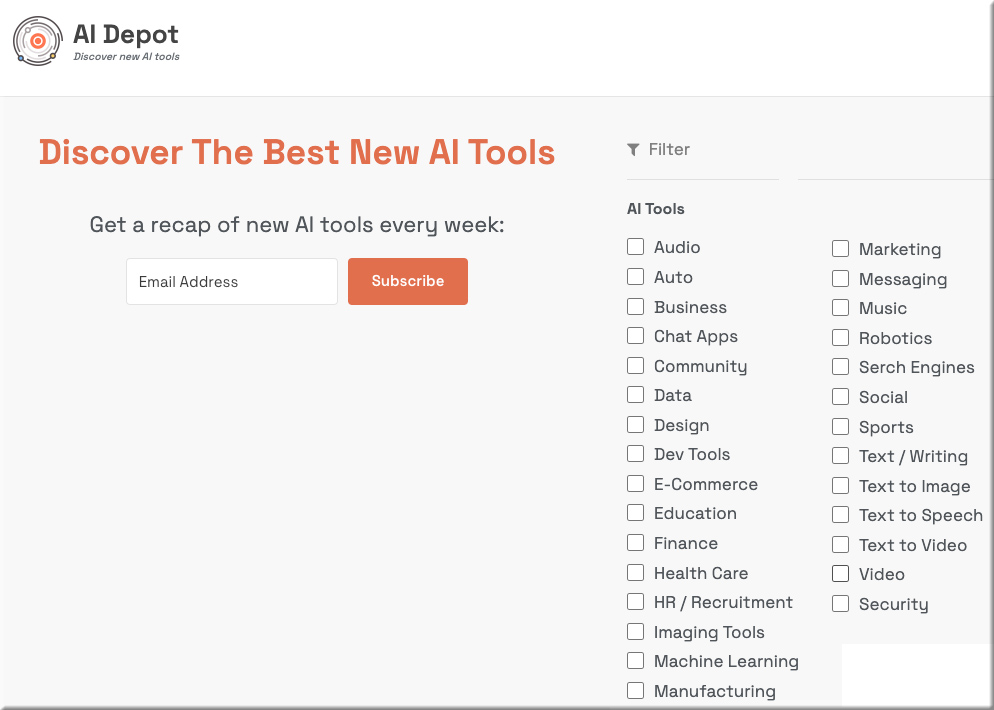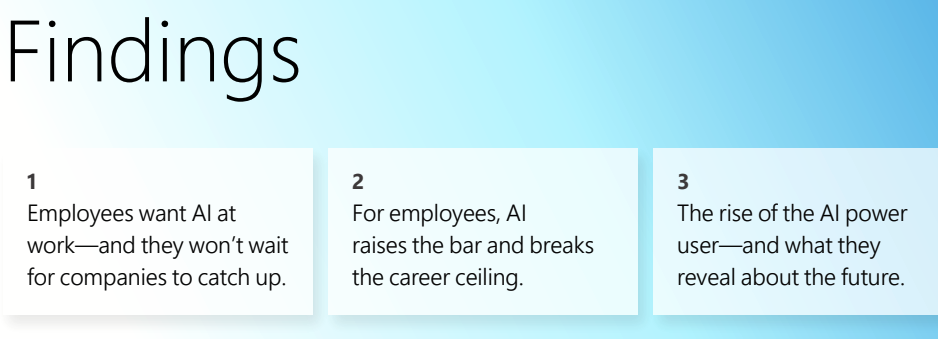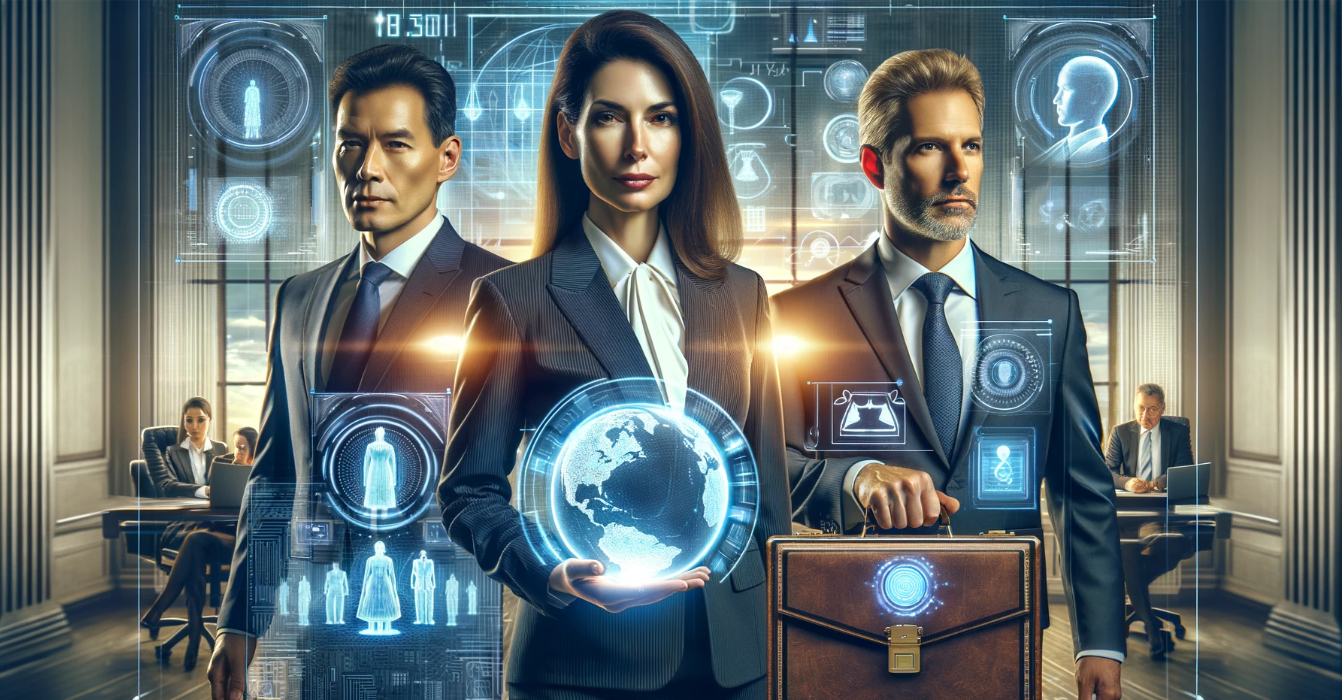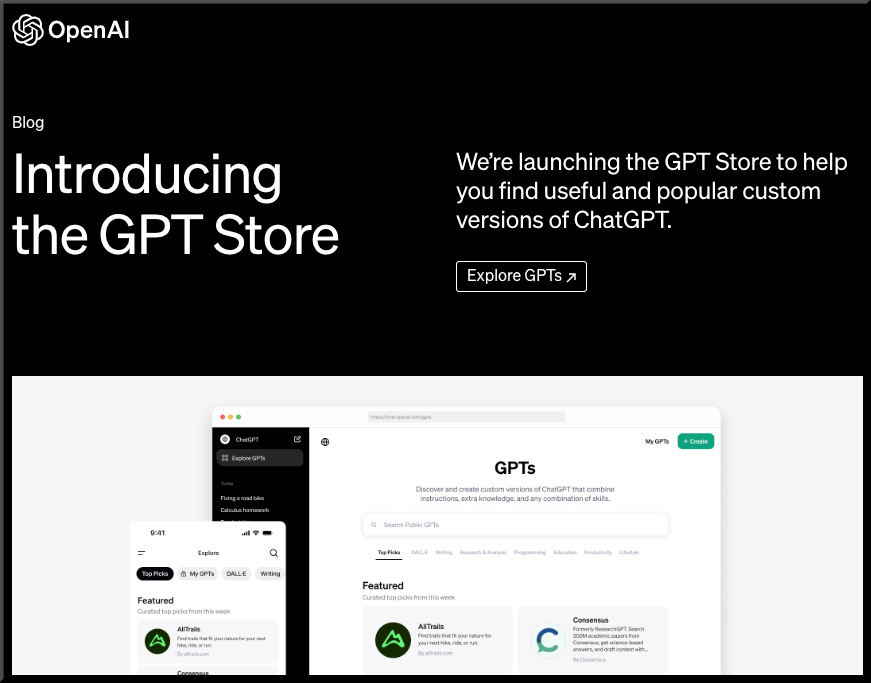Infinite seamless mega meme mashup ?
Keyframes were used to seamlessly transition between 20 memes w/ audio ?@LumaLabsAI Audio on ? pic.twitter.com/9jzbMDUDp2
— Blaine Brown ? (@blizaine) June 29, 2024
Bill Gates Reveals Superhuman AI Prediction — from youtube.com by Rufus Griscom, Bill Gates, Andy Sack, and Adam Brotman
This episode of the Next Big Idea podcast, host Rufus Griscom and Bill Gates are joined by Andy Sack and Adam Brotman, co-authors of an exciting new book called “AI First.” Together, they consider AI’s impact on healthcare, education, productivity, and business. They dig into the technology’s risks. And they explore its potential to cure diseases, enhance creativity, and usher in a world of abundance.
Key moments:
00:05 Bill Gates discusses AI’s transformative potential in revolutionizing technology.
02:21 Superintelligence is inevitable and marks a significant advancement in AI technology.
09:23 Future AI may integrate deeply as cognitive assistants in personal and professional life.
14:04 AI’s metacognitive advancements could revolutionize problem-solving capabilities.
21:13 AI’s next frontier lies in developing human-like metacognition for sophisticated problem-solving.
27:59 AI advancements empower both good and malicious intents, posing new security challenges.
28:57 Rapid AI development raises questions about controlling its global application.
33:31 Productivity enhancements from AI can significantly improve efficiency across industries.
35:49 AI’s future applications in consumer and industrial sectors are subjects of ongoing experimentation.
46:10 AI democratization could level the economic playing field, enhancing service quality and reducing costs.
51:46 AI plays a role in mitigating misinformation and bridging societal divides through enhanced understanding.
OpenAI Introduces CriticGPT: A New Artificial Intelligence AI Model based on GPT-4 to Catch Errors in ChatGPT’s Code Output — from marktechpost.com
The team has summarized their primary contributions as follows.
- The team has offered the first instance of a simple, scalable oversight technique that greatly assists humans in more thoroughly detecting problems in real-world RLHF data.
- Within the ChatGPT and CriticGPT training pools, the team has discovered that critiques produced by CriticGPT catch more inserted bugs and are preferred above those written by human contractors.
- Compared to human contractors working alone, this research indicates that teams consisting of critic models and human contractors generate more thorough criticisms. When compared to reviews generated exclusively by models, this partnership lowers the incidence of hallucinations.
- This study provides Force Sampling Beam Search (FSBS), an inference-time sampling and scoring technique. This strategy well balances the trade-off between minimizing bogus concerns and discovering genuine faults in LLM-generated critiques.
Character.AI now allows users to talk with AI avatars over calls — from techcrunch.com by Ivan Mehta
a16z-backed Character.AI said today that it is now allowing users to talk to AI characters over calls. The feature currently supports multiple languages, including English, Spanish, Portuguese, Russian, Korean, Japanese and Chinese.
The startup tested the calling feature ahead of today’s public launch. During that time, it said that more than 3 million users had made over 20 million calls. The company also noted that calls with AI characters can be useful for practicing language skills, giving mock interviews, or adding them to the gameplay of role-playing games.
Google Translate Just Added 110 More Languages — from lifehacker.com by
You can now use the app to communicate in languages you’ve never even heard of.
Google Translate can come in handy when you’re traveling or communicating with someone who speaks another language, and thanks to a new update, you can now connect with some 614 million more people. Google is adding 110 new languages to its Translate tool using its AI PaLM 2 large language model (LLM), which brings the total of supported languages to nearly 250. This follows the 24 languages added in 2022, including Indigenous languages of the Americas as well as those spoken across Africa and central Asia.
Gen-3 Alpha Text to Video is now available to everyone.
A new frontier for high-fidelity, fast and controllable video generation.
Try it now at https://t.co/ekldoIshdw pic.twitter.com/miNbHdK5hX
— Runway (@runwayml) July 1, 2024
Gen-3 Alpha from Runway is now available to everyone, and it’s incredible.
This is going to change the way ads and B-roll are created.
13 mind-blowing examples:
— Nathan Lands — Lore.com (@NathanLands) July 3, 2024
Listen to your favorite books and articles voiced by Judy Garland, James Dean, Burt Reynolds and Sir Laurence Olivier — from elevenlabs.io
ElevenLabs partners with estates of iconic stars to bring their voices to the Reader App
















